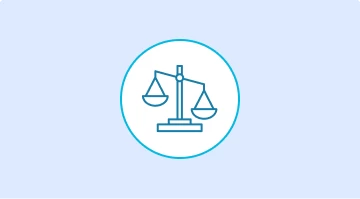Below are some of our tools and resources that can be adapted to suit different contexts and purposes.
-
Learning Progression Explorer
Allows users to study and explore learning progressions in key stages of development within a learning domain, such as reading and mathematics.
Start exploring -
Assessment for Minimum Proficiency Levels (AMPL)
Measures learning outcomes against SDG 4.1.1a and b: the proportion of children and young people at the end of lower primary and at the end of primary school who achieve at least a minimum proficiency level in reading and mathematics, by sex.
Start exploring -
Pairwise Comparison Method Toolkit
Developed with the UIS, this toolkit describes how countries can align their national assessment with global standards to estimate the proportion of students meeting SDG indicator 4.1.1.
View toolkit
-
Principles of Good Practice in Learning Assessment
A conceptual framework for evaluating the quality of large-scale assessments that enables assessment agencies to investigate their capacity to develop, implement and use data from large-scale assessments.
-
Analysis of National Learning Assessment Systems Toolkit
Developed with the GPE this toolkit helps policymakers gather and analyse information about their learning assessment systems to make improvements.
View toolkit -
Learning assessments at a glance
Summarises and compares international and regional large-scale assessments, enabling policymakers to understand and identify appropriate assessments for their education systems.
View table -
Education in Emergencies Policy Monitoring Tool
Supports education policymakers to identify policy considerations and issues for their education system across the preparedness, response and recovery phases of emergency management.
Start exploring -
Monitoring Pacific scholarships
Supports donor and recipient countries to identify trends, gaps and overlaps in their tertiary education scholarship investments in the Pacific and report on SDG target 4b: to expand higher education scholarships for developing countries.
View tool -
SEA-PLM data visualisation: factors related to reading literacy
Illustrates how different factors such as preschool attendance, gender and family socio-economic status influence reading literacy of Grade 5 students in 6 Southeast Asian countries.
View data visualisation -
Wellbeing interventions around the world map
Displays studies on interventions supporting mental health promotion and psychosocial wellbeing for students.
View tool -
Teacher professional development for disability inclusion: evidence and gap map
Assists education policymakers to understand where evidence on disability-inclusive teacher in-service professional development is strong and where more evidence is needed.
View tool -
Inclusive education resource kit
Enables policymakers and educators to improve the quality of education for students with a disability.
Explore resource kit -
Early childhood education: evidence and gap map
Displays gaps in research on early childhood education and care in low- and middle-income countries, enabling users to see available evidence when planning interventions.
View tool
Supporting initiatives to improve education
We collaborate with education stakeholders, providing expertise and technical support to improve education policies, practices and investments.